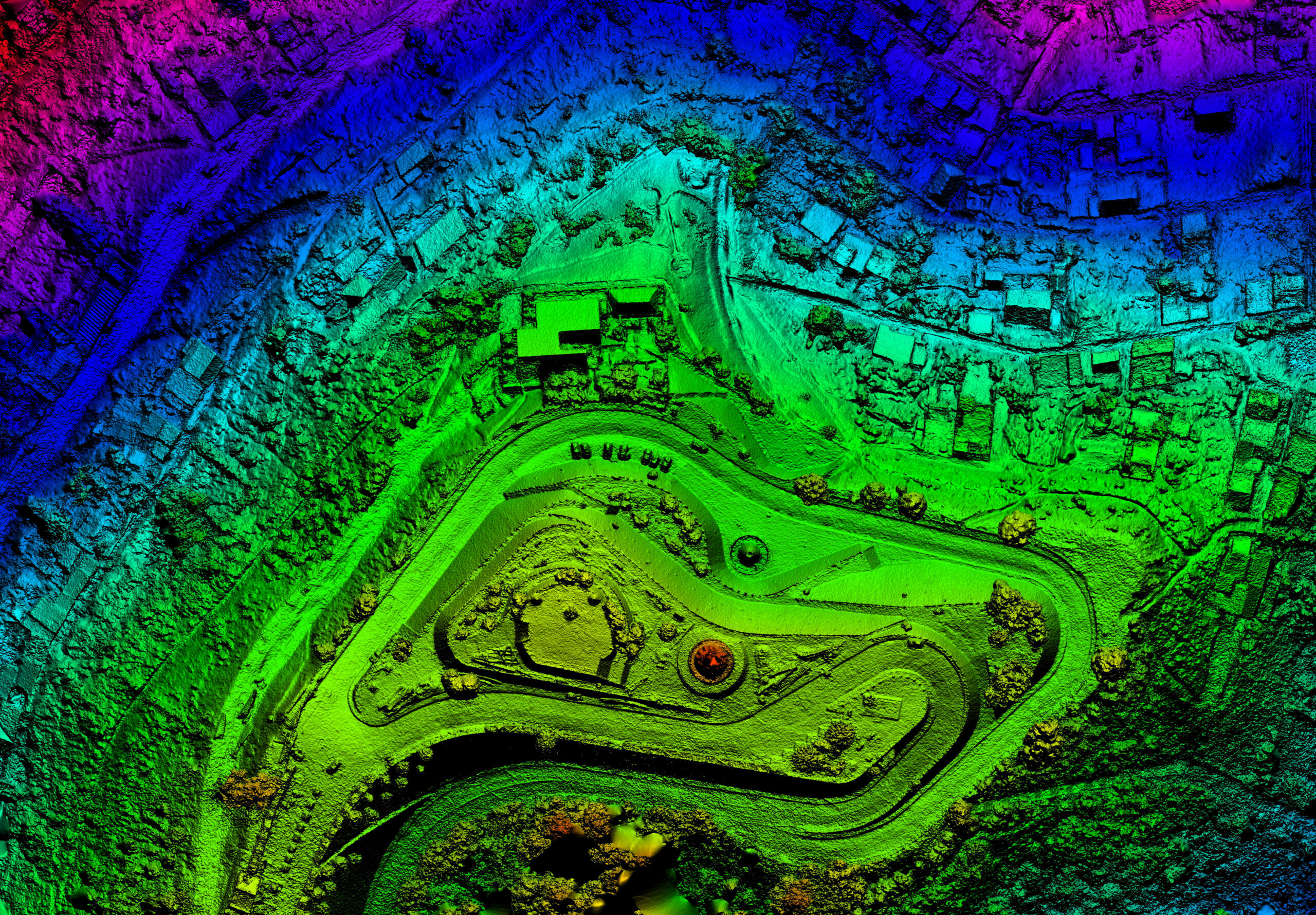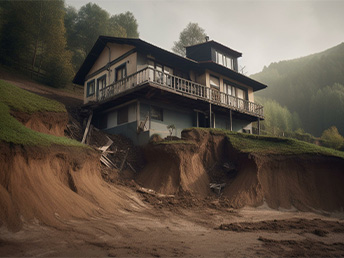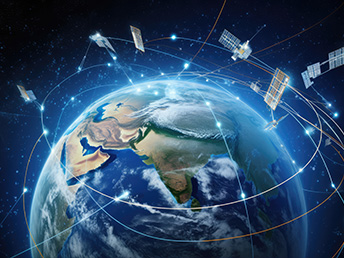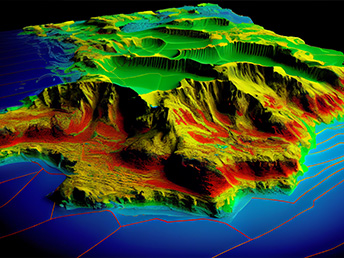Welcome To PhenomResearch
Our research spans multiple earth and environmental science fields using relevant field methods including new and emerging techniques in Geographic Information Science (GIScience), remote sensing, machine learning, and data science.

We Employ New & Emerging Geospatial Products and Technology
To provide scientific insights and products relevant to addressing environmental and water resources management problems emanating from climate change and human-environmental interactions, especially in local underserved and low-middle income communities.
Through research endeavors focused on investigating and mitigating natural hazards in built environments, locally and globally, we seek to contribute to one of the Global Goals of achieving a sustainable and resilient society.
Research

Flooding is an overflow of water into land that is usually dry. They are common natural phenomena that occur on a landscape. However, some human interactions with the landscape that encroach on areas close to water bodies alter the capacity for them to naturally process excess water without a negative impact on the environment.

Landslide
Landslides are mass-wasting events resulting from the downward movement of a mass of rock or soil due to gravity.

Remote Sensing
Remote sensing is the science that uses various kinds of sensors mounted on different platforms (satellites, UAVs, aerial, etc.) to acquire information about a target from a distance.

GIScience
Geographic Information Science is a discipline of science that explores the use and understanding of geographic data. It is the research and knowledge used as a concept for Geographic Information Systems.
Disclaimer
PhenomResearch assumes no responsibility or liability for any errors or omissions in the content of this site. The information contained in this site is provided on an “as is” basis with no guarantees of completeness, accuracy, usefulness, or timeliness.
Additionally, the views and conclusions contained here are those of the authors and should not be interpreted as representing the opinions or policies of the organizations and agencies mentioned.
